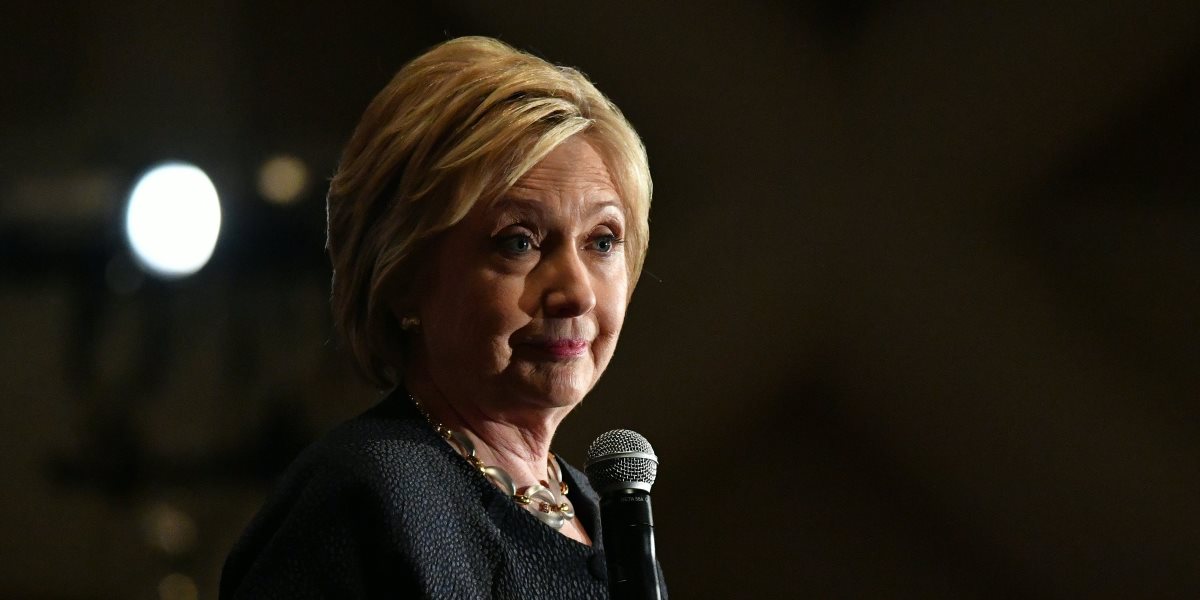
The Mission of the US President: Should He/She Accept It...
In the next six months this political tension can be elevated by the candidates and have serious societal repercussions, possibly leading to the emergence or empowerment of marginal and radical groups.
Share
The debate concerning American exceptionalism and American uniqueness is nothing new in the American political arena. Since the economic crisis and the failure in Iraq, this debate has gained a new dimension. Everybody, from the most eminent authors and scholars to the most well-known journalists and screenplay writers try to understand and assess the state of American society and politics. In this election season, this debate gained a new significance. Thus, this election may be about more than electing a president for the American public and politics. The president-elect may have more challenging tasks.
As the world watched one of the most interesting primary seasons in the United States for the presidential election on Tuesday with primaries in New Jersey, New Mexico and California, it looks like the primary race is over and the presidential race is about to start. Republican frontrunner Donald Trump was guaranteed the nomination a few weeks back; with Hillary Clinton's recent primary victories, she is the nominee of the Democratic Party, and major actors and heavy weights in her party, such as President Obama, Senator Elizabeth Warren and Congresswoman Nancy Pelosi, started to endorse Hillary.
Members of think tankers and analysts in Washington and in Western capitals started to project U.S. domestic and foreign policy for the next administration, making recommendations and suggestions for the next U.S. president. There are difficult domestic and foreign policy challenges awaiting the new president: the continuing economic recovery, problems in education and infrastructure, nuclear weapons in North Korea, the rise of China, the threat of terrorism, the danger of failed states and the unpredictability of Russia. However, policies concerning these challenges are impacted by increasing polarization in public opinion and political debates in American society and political elites. Debates and policies concerning isolationism and responsibility in the international arena are all directly linked to discussions in the public arena.
Although super polarized and politicized public opinion will be significant challenges for the new president, this is nothing new. The American society has faced similar problems in different junctures in its history. However, debates in the Bush and Obama administrations on key issues together with the long primary season made this polarization even more acute. Republican Party candidate discourses in the primary season and the threat perception that they distributed to the American electorate created a serious rift in various segments of society with regard to key issues. Ideas once considered marginal have now entered the mainstream, mobilizing a political discourse that will be hard to demobilize.
In the next six months this political tension can be elevated by the candidates and have serious societal repercussions, possibly leading to the emergence or empowerment of marginal and radical groups. The legal impact of this situation would be very obvious in the case of the dominance of the various parties in presidential and congressional elections. The situation concerning the Affordable Care Act, Debt Ceiling Crisis and the Federal Shutdown will continue to dominate U.S. politics. No doubt, this situation could seriously impact already existing problems in the bureaucracy and interagency and interagency competition, making it harder and less secure for the president to run the government.
Although it is nothing new in politics around the world, American polarization at this critical juncture in the international system is more serious and might have long-lasting implications for American politics and international relations. Thus, the president's task will be to navigate this highly polarized and politically charged atmosphere and to keep society from marginal and radical political movements and political discourses and limit the impact of these movements on the policies of the U.S. administration.
[Daily Sabah, June 11, 2016]
Tags »
Related Articles






